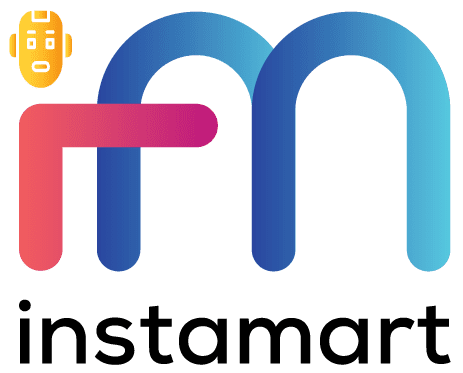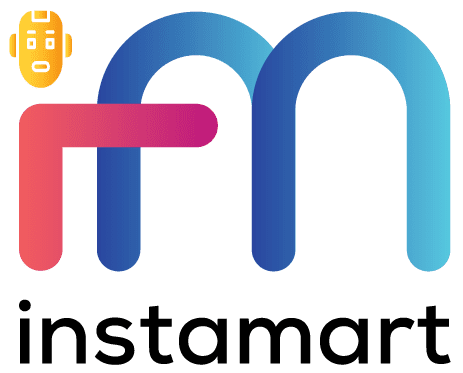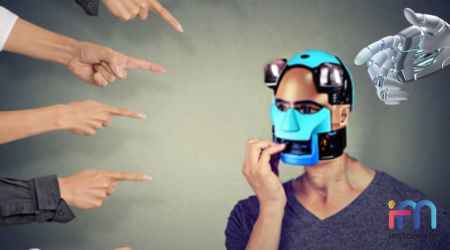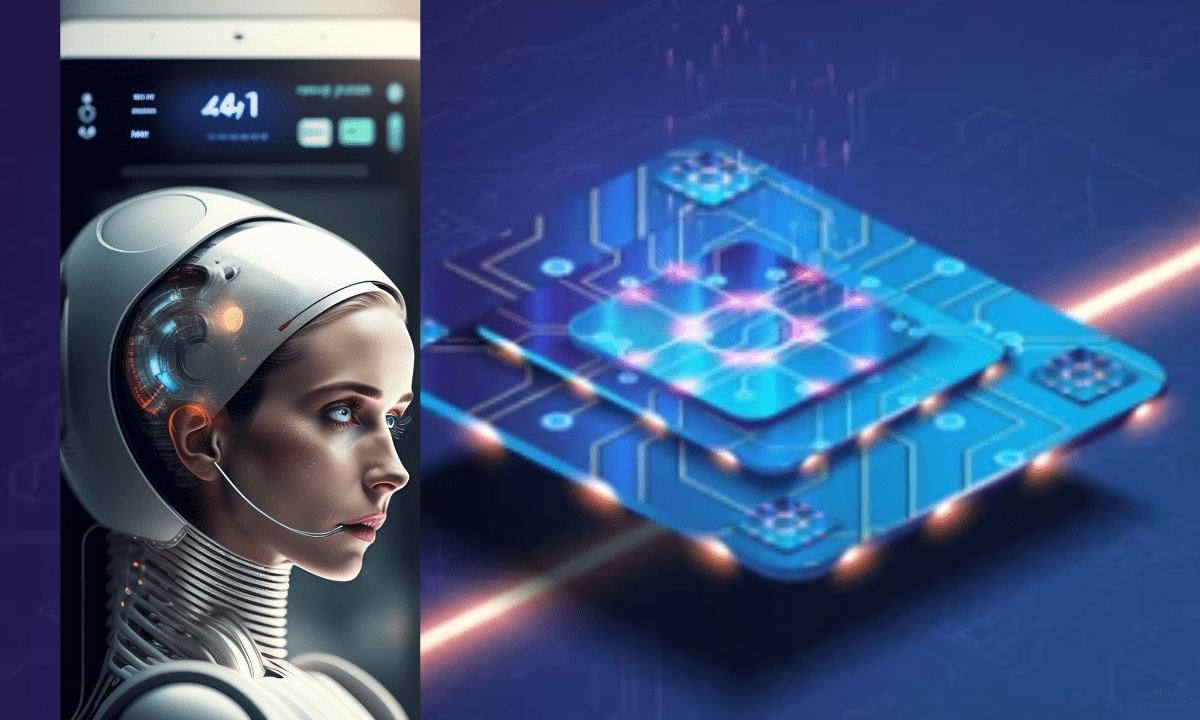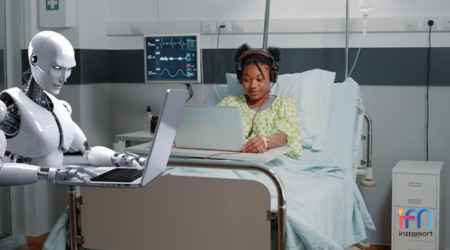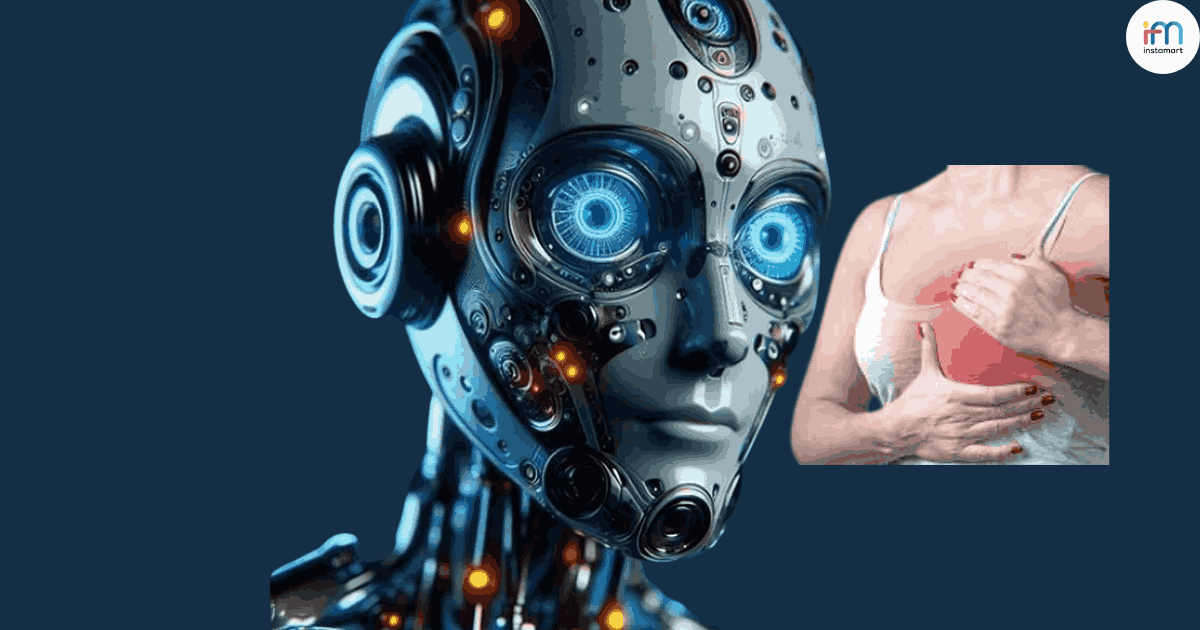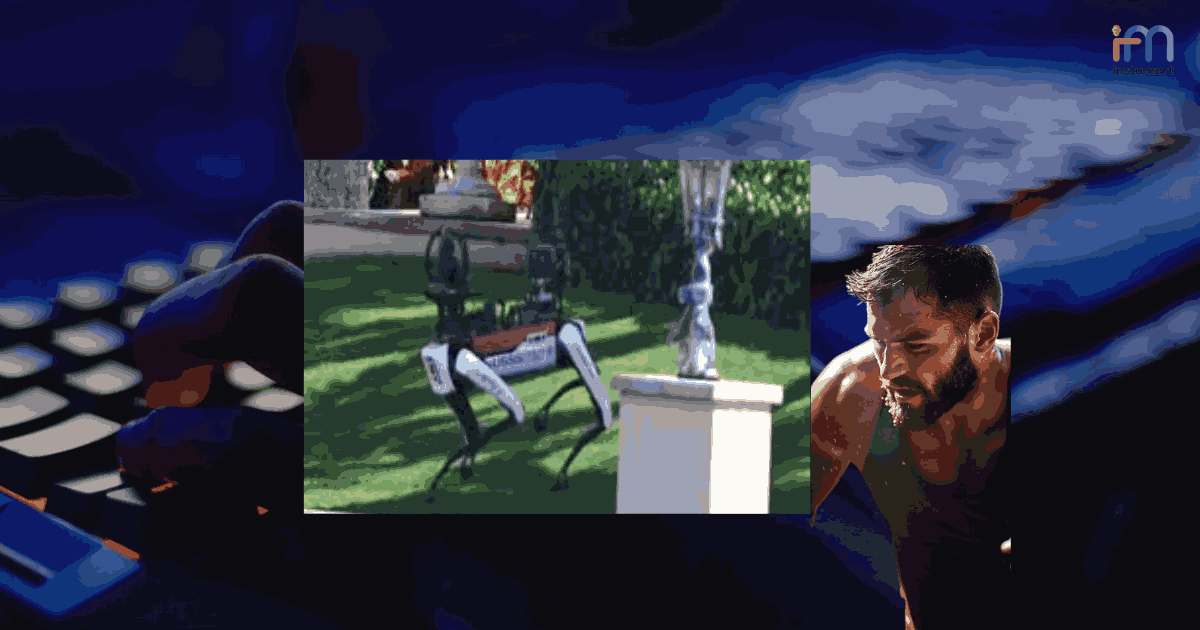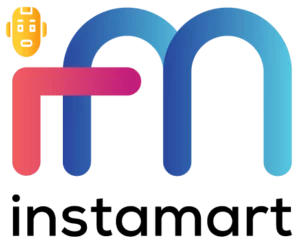It is barely a week since the federal Judge, Beryl Howell ruled that AI-generated images are not copyrightable. There seems to be a glimpse of hope after the US Copyright Office launched a public opinion search to inform how it will grant copyrights for AI-generated art in the future. The initial ruling quashed the hopes for Stephen Thaler who sought copyright protection for his AI-generated art and multiple other AI platform owners. When the Judgement books are finally out, Thaler may want to know how Kris Kashtanova successfully received copyright registration in the same country that threw his request out!
Do we say it is favoritism? Is it double standards in law? Or did Thaler hire weak lawyers to defend his case?
A simple answer to all these questions is no. However, before I delve into the differences between the two cases, let’s see what the Copyright Office is up to in seeking public opinion.
US Seeking Public Opinion on AI Copyrights
A statement of the inquiry notice revealed that AI-generated art is sparking a widespread debate with noticeable impacts on the creative industry “The adoption and use of generative AI systems by millions of Americans – and the resulting volume of AI-generated art materials – have sparked widespread public debate about what these systems may mean for the future.”
The notice entailed some vivid aspects of the US Copyright law:
- a) The law is clear that copyright protection in the United States is limited to works of human authorship.
- b) Public opinion seeks to answer the question “where and how to draw the line between human creation and AI-generated.
The hunt for views which officially started on August 30, 2023, will run till November 15. The public view initiative is expected to inform how the agency will grant copyrights in the future.
One question that could have also crossed your mind in this debate is how putting a prompt in an AI trained with publicly available information makes someone creative to the extent of demanding copyright protection.
Court cases have continued to surge with recent AI hype where the majority involves companies infringing on copyrighted materials to train their AI tools. The new emerging cases involve people seeking copyright protection over content that’s generated by artificial intelligence. The continued refusal by the copyright office to grant protection for AI-generated art seems to be controversial. Notably, the use of copyrighted materials to train AI models is one of the major areas of concern since Stability used 12 million Getty images to train its Artificial Intelligence without any compensation or approval.
How to get Copyright Protection for AI-generated Art
Kris Kashtanova, the New York-based artist had the iron balls to face the copyright registrar with a novel featuring AI-generated art and received copyright protection. So, what did he do differently from Thaler whose application was refused by the US federal judge? Only three issues were considered in his case:
- Openness to how the AI-generated graphic was made
- He acknowledged the platform he used to make the visual art.
- He had his creative input in the piece of art
Unlike Thaler who sought to get copyright protection for images with AI as the author without specifying the human involvement, Kris successfully owned the visual artwork. The verdict may sound unfair but both instance touch on different aspects of the copyright law. As the debates continue, Artificial Intelligence has triggered a discussion around issue that are important in advancing creativity in the US.
What remains of much importance is to wait and see how public opinion will influence decisions at the US Copyright Office in favor or against art and images produced by Artificial Intelligence. This is one such moment whereby writers and content creators may get a breakthrough from infringing materials due to AI use.
